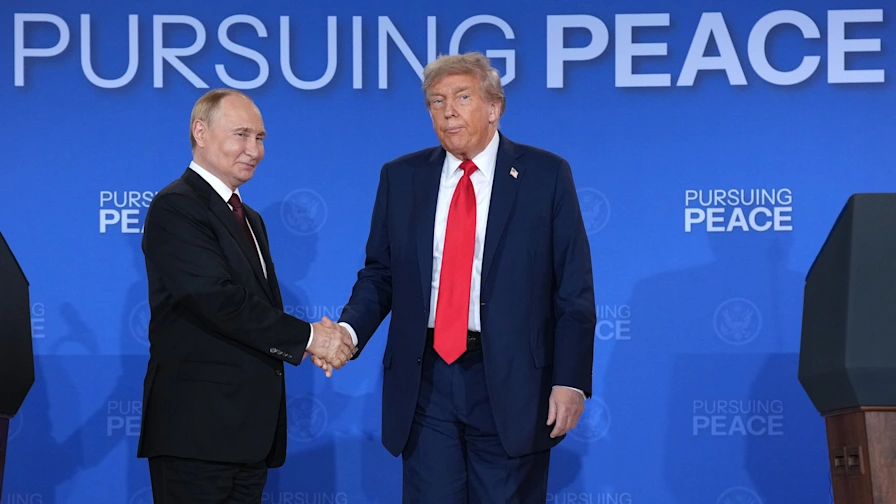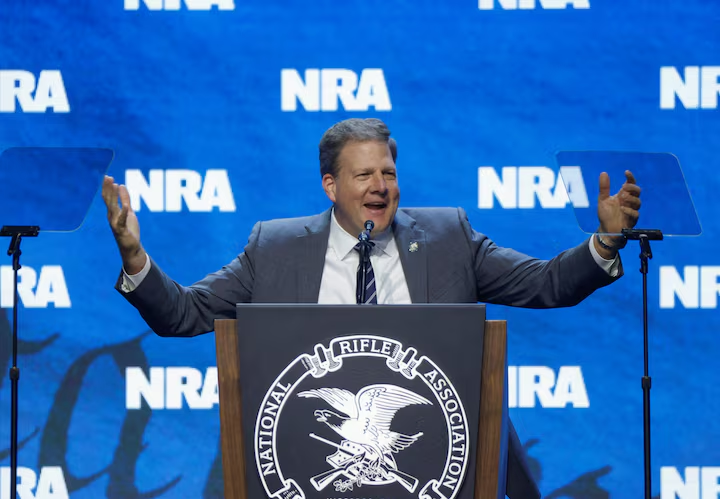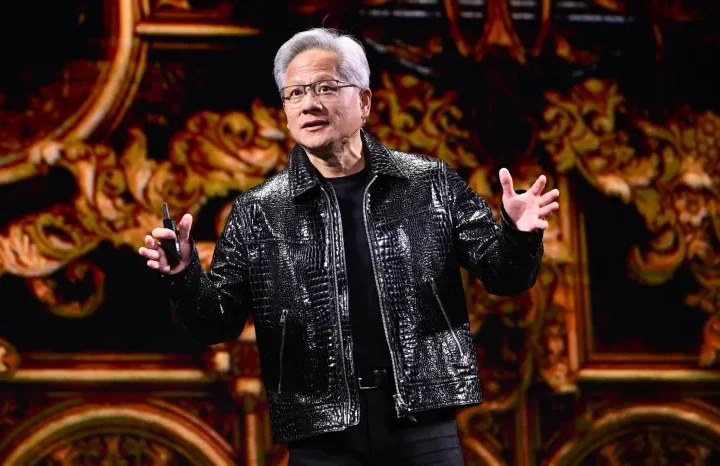Former New Hampshire governor takes charge of U.S. airline lobbying group amid rising industry challenges.
The U.S. airline industry has chosen a familiar political face to lead its powerful lobbying efforts in Washington. A former New Hampshire governor has officially been appointed as the new head of the nation’s primary airline lobbying group, signaling a fresh chapter in the sector’s relationship with policymakers, regulators, and the traveling public. The appointment underscores the increasing need for experienced leadership as the aviation sector faces mounting challenges, from labor disputes and environmental regulations to the ongoing recovery of passenger demand.
Airlines in the United States represent one of the most vital components of the nation’s economy. They are not only responsible for moving millions of passengers daily but also play a central role in supporting trade, tourism, and employment. However, the industry has faced turbulence in recent years. Rising fuel costs, pilot shortages, pressure to adopt greener technologies, and frequent scrutiny from lawmakers have created an environment where lobbying efforts are more important than ever. Bringing in a leader with political and administrative experience is seen as a strategic move designed to strengthen the industry’s voice in Washington.
The choice of a former governor highlights the growing recognition that aviation issues extend far beyond airports and runways. Decisions made in Congress and federal agencies directly affect how airlines operate, what customers pay for tickets, and how the industry balances profitability with sustainability. With decades of political experience, the new head of the lobbying group is expected to use deep relationships with lawmakers and regulators to ensure the sector’s priorities are represented at the highest levels.
One of the most pressing challenges the airline industry faces today is the question of environmental sustainability. Airlines have increasingly come under pressure to reduce their carbon emissions as governments, climate activists, and consumers demand greener travel options. The lobbying group will play a pivotal role in shaping federal policies related to carbon offsets, sustainable aviation fuel, and the adoption of cleaner technologies. Having a leader with both political skills and a record of navigating complex regulatory landscapes could prove invaluable as debates over climate policies intensify.

Beyond environmental concerns, passenger rights and customer experience have become hot topics. In recent years, travelers have voiced frustration over rising ticket costs, frequent delays, lost baggage issues, and shrinking seat sizes. Lawmakers have taken notice, with Congress frequently considering legislation aimed at increasing airline accountability. The lobbying group’s new leadership will need to walk a fine line—advocating for the industry’s financial health while also responding to public concerns about customer service.
Labor relations also remain a significant focus. Airlines across the country are grappling with pilot shortages, wage negotiations, and union demands for improved working conditions. The aviation workforce has been under enormous strain since the COVID-19 pandemic, and many employees continue to call for stronger protections and better pay. As head of the airline lobbying group, the former governor will be tasked with ensuring that airlines’ interests are fairly represented while navigating politically sensitive conversations around worker rights.
The decision to appoint a former governor is not unprecedented. Industry groups often turn to former elected officials to lead their lobbying operations because they bring an insider’s perspective and established political networks. Their ability to understand government processes and build bipartisan support is viewed as a critical advantage in today’s polarized political climate. For the airlines, this move signals a desire to have someone at the helm who can advocate persuasively not just for business concerns but also for broader industry reforms.
Looking ahead, the new leader’s tenure will likely be defined by how successfully the group balances the competing demands of profitability, customer satisfaction, and sustainability. Airlines will need to adapt to a rapidly changing landscape that includes advancements in technology, evolving passenger expectations, and global competition. With a former governor now leading their lobbying arm, U.S. airlines are hoping to secure a stronger position in shaping policies that will guide the industry for years to come.
This appointment marks more than just a personnel change. It represents the airlines’ recognition that the stakes in Washington have never been higher. With issues ranging from environmental regulation to international competitiveness on the table, the industry’s future may depend on how effectively it can make its case to lawmakers. The new head of the airline lobbying group will not only serve as the industry’s chief advocate but also as a bridge between airlines, government, and the traveling public.














